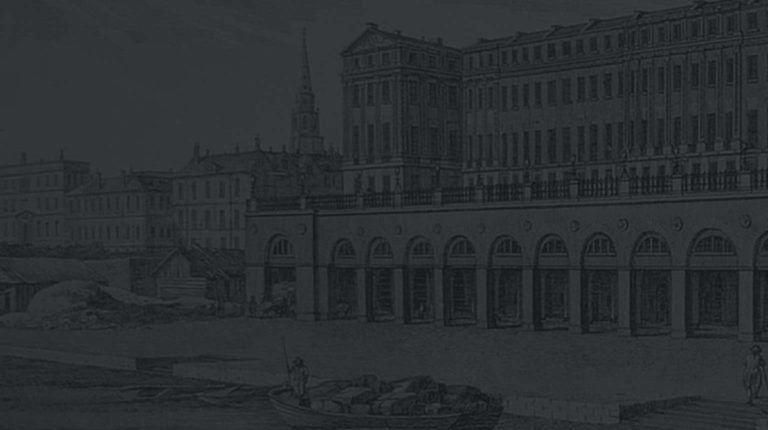With the UK General Election looming, it’s an excellent opportunity to look back on democracy in history. It might be a surprise that the Romans embraced a democracy of sorts. It had restrictions, and only a small fraction of people living under Roman control could actually vote, but during the Roman Republic, citizens of Rome had the opportunity to cast their vote for various administrative positions in government.
From 509 BC, with the overthrow of the Roman Kingdom, Rome was ruled as a Republic. But it wasn’t until the 3rd Century BC that the civilisation rose to become dominant power in the Mediterranean. The Senate was made up of the most powerful people in the Roman world, and oversaw military campaigns and political structure. Citizens could vote for officials in up to 44 public offices. But public voting didn’t offer the people a chance for a true choice.
Candidates for office were selected by the Senate, and were voted for by various different assemblies of citizens, stratified by social class. There were two candidates for each governmental position, such as Consuls, Quaestors, Censors and Tribunes, and voting was essentially a first-past-the-post system, one we still embrace in Britain today, during our General Elections.
In the early years, candidates were actually banned from speaking or even appearing in public.The Senate claimed that candidates should be voted on the merit of their arguments and policies, rather than through rhetoric, public appearance and personality.

A remarkable coin depicts the Roman democratic process in action – possibly as a means of legitimising its ‘success’. The silver denarius, struck by the moneyer Publius Licinius Nerva in around 113 BC, shows three figures. The figure, on the left, is picking a ballot paper from the attendant standing in the centre, the man on the right is depositing his ballot into the cista (ballot box). The detail is such that the ballots themselves are depicted by small pellets. The coin is a textbook example of how the Roman democratic system was supposed to work. It is popular with academics and collectors alike.
Unlike today, democracy in the Roman Republic was very much controlled by the select few who held seats in the Senate. They essentially held all of the power, having been born into wealthy patriarchal families. Most inhabitants of the Roman world were not allowed to vote, including women, slaves, and the lowest ranking Roman citizens. It was a democracy of sorts, but a very loaded one.

The Romans lost what little democracy they had, with the advent of the Roman Empire, and its first emperor, Augustus Caesar (27BC – 14AD). Augustus claimed voting was too rigged by the Senate. His solution? To abolish voting altogether.




